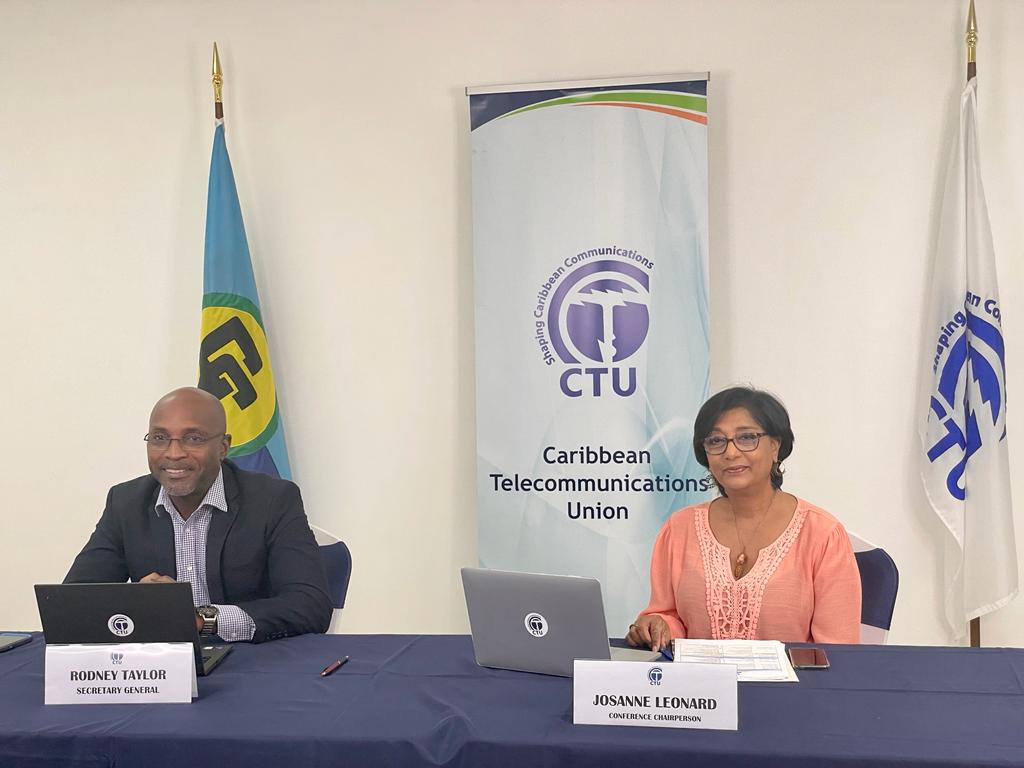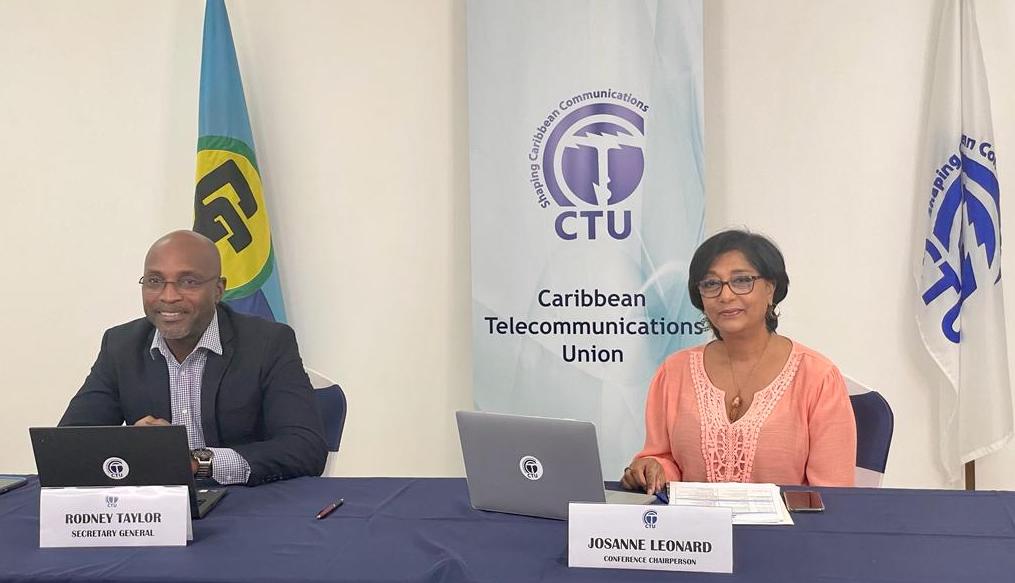
Satellites and their associated technologies are being used to solve severe Internet connectivity issues for schools in remote areas in Small Island Developing States (SIDS) like Jamaica.
The great news came on day two of ICT in Education-A Caribbean Forum hosted by the Caribbean Telecommunications Union (CTU), in partnership with the International Telecommunication Union (ITU), and the United Nations Educational, Scientific, and Cultural Ogranization (UNESCO) with the support of the Organisation of Eastern Caribbean States (OECS).
Faced with the closure of classrooms and the curtailing of in-person instruction as a result of the COVID-19 pandemic in early 2020, Caribbean educators, technocrats in ministries of education, regulators, and the business community have had to employ innovative and creative solutions to address the many severe limitations experienced by some students with regard to online learning. Chief among these has been Internet connectivity.
The Forum learned that for students in certain communities, satellite technology provided a solution, connecting one hundred (100) sites across rural Jamaica in just 48 days, facilitating connectivity to online education platforms. This collaboration between Viasat, a global Internet service provider working with ReadyNet, a connectivity service provider, delivered the innovative and cost-effective solution.
The Spectrum Management Authority of Jamaica also ensured project success by making necessary revisions to regulations to facilitate access to spectrum and necessary adjustments in pricing for end users. Importantly, these satellite solutions are available for adoption by other countries in the region.
Even as public-private sector partnerships provide solutions to connectivity issues in rural Jamaica, across the region, the United Nations Children’s Fund (UNICEF) and the International Telecommunication Union (ITU) have also been working to connect every school to the Internet and every child and young person to information, opportunity and choice as part of its important connectivity project, Giga.
Giga is currently collecting data and mapping school connectivity globally and gathering data on their infrastructure needs and funding requirements to ascertain where support is needed. One million schools in forty-one (41) countries have already been mapped. Importantly, the project also advises governments on how they can build affordable and sustainable financing solutions for digital transformation of government services. Nine out of eleven OECS countries are already accessing the services of Giga, andthe Giga team is assiduously working to encourage other Caribbean territories to take advantage of the project’s offerings.
Day two also showcased innovative software and online management solutions used by educators that address some of the gaps in better known learning platforms. Creative solutions by Caribbean software developers and creators to support, encourage and positively engage students outside the formal online classroom environment were demonstrated. One that generated a lot of excitement was the Yellercation app, an indigenous and highly innovative new offering, created by Raxtive Ltd.
Stay tuned for additional reports on ICT in Education – A Caribbean Forum.
For more information and to view the recording of the day’s event, visit the CTU’s YouTube channel https://www.youtube.com/user/TheCtunion/videos
-END-


